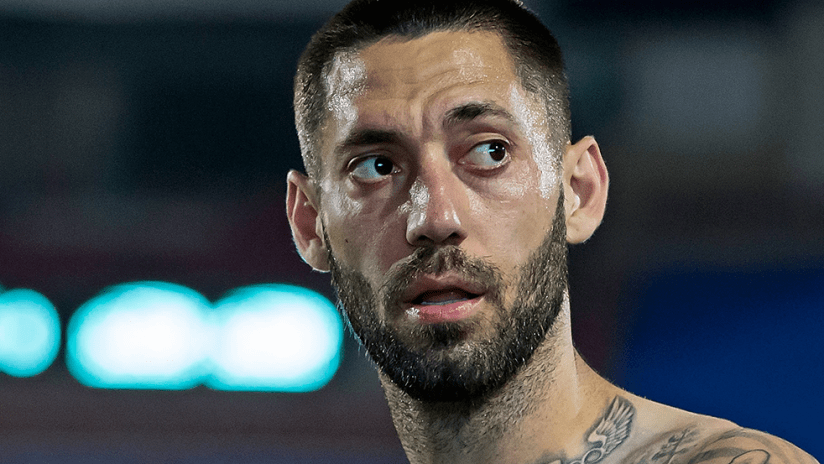By now most soccer watchers are familiar with Clint Dempsey's rise from humble origins in Nacogdoches, Texas to superstar status with the Seattle Sounders and the US national team.
“Deuce” remains a crucial player for club and country at age 33, and his backstory makes him an authoritative voice on the topic of player identification and youth development, an area of ongoing debate in the United States.
Dempsey offered up his opinion on this topic in a guest appearance on Colin Cowherd's “The Herd” talk show on FS1 Thursday.
Cowherd asked him whether it's fair to say that the "pay-to-play" youth set-up prevents many kids from moving up through the ranks.
“I think so. I think that's fair. Especially if you're trying to play club ball,” Dempsey said. “To some of the clubs' credit, they do have scholarships, they have players they help in being able to deal with the fees. I was lucky enough to play for a club that helped me with that.
“It's difficult for kids to get that right type of coaching, get that development. And if you're growing up in a small town, really all you have is the recreational league that you can play in, the high-school team that you can hopefully play for, play in men's league, Hispanic leagues on the weekends, and hope that someone can see you there.”
Dempsey pointed to the example of his fellow Texan and former USMNT teammate Jose “Gringo” Torres, who was offered a place in the youth system of Mexican club Pachuca as a high schooler and today plays for Tigres in Liga MX.
“Some kids, like Jose Torres, he's from Longview, Texas, he went to Mexico first, because he was spotted down there in some of the games that he was playing in Longview and he got that opportunity,” said Dempsey. “So there's some kids from the States actually going to Mexico and playing there instead of in this league, because sometimes that's an easier way to go, through the connections you have or the people you meet.”
Discussing the USMNT's unique mix of overseas-based dual-nationals and homegrown talent, Dempsey also noted the challenges posed by the country's sprawling size and diversity.
“We have a lot of different people from all different countries and everybody has kind of different styles – [we have to] kind of figure out what our style is as a country,” Dempsey said. “How do we want to play? Do we want to be a team that's possessing the ball and being creative and creating chances, or are we going to be a counterattacking team? I think there's a lot of questions you have to ask yourself. What's going to be your country's style of play?
“But there are a lot of talented kids that are here in the United States that just play pickup or play men's league or something, maybe don't have the money to play club ball. They may just play for their high-school team or they're maybe not on a big enough team to really get scouted by colleges, or be able to get picked up by some of these academies, or getting tryouts with an MLS team. It is something we've got to address and fix. At the same time, you can't ignore the talent that's outside the States and being developed elsewhere.”














